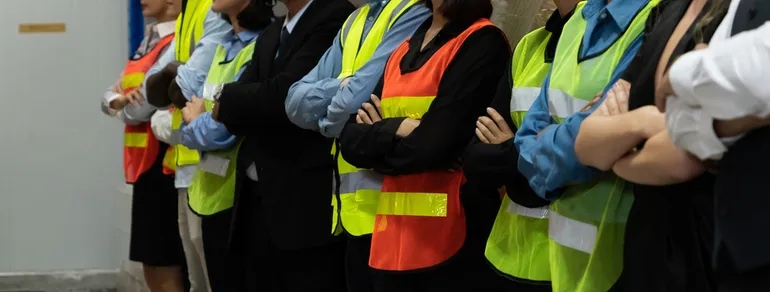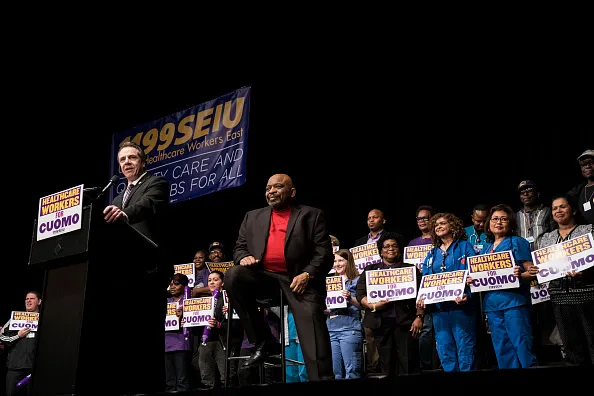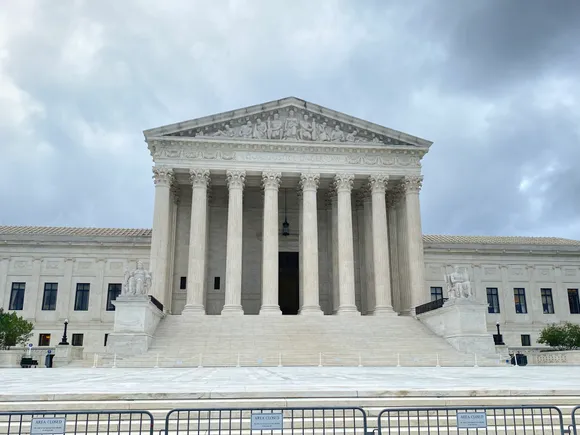California Gov. Gavin Newsom signed several labor and employment bills into law at the end of September, including two bills that address paid leave and time off taken under specific circumstances.
Senate Bill 2123 eliminates a provision in the state’s paid family leave law that allowed employers to require employees to use accrued, unused vacation leave prior to receiving state-provided paid leave.
A separate provision, Senate Bill 2499, amends California laws prohibiting discrimination on the basis of an employee’s status as a victim of crime or abuse, as a member of a jury or as a person convicted of certain crimes.
SB 2499 expands upon an existing statute to include a “qualifying act of violence” list that identifies certain crime victims whom employers with 25 or more employees may not discriminate against for taking time off work related to such acts. This provision also applies to employees whose family members are crime victims. The law permits employers to run such leave concurrently with leave provided under the state’s Family Rights Act and federal laws.
The state’s list of qualifying acts of violence includes domestic violence, sexual assault, stalking, and acts, conduct or patterns of conduct that include any of the following:
- An individual causing bodily injury or death to another individual.
- An individual exhibiting, drawing, brandishing or using a firearm or other dangerous weapon with respect to another individual.
- An individual using or making a reasonably perceived or actual threat to use force against another individual to cause physical injury or death.
SB 2499 also expands existing anti-discrimination protections for employees who take time to serve on a jury, to appear in court to comply with a subpoena or other court order as a witness in a judicial proceeding, or to take time off to obtain relief as a victim of a qualifying act of violence. This provision applies to all employers with one or more employees.
Both SB 2123 and SB 2499 are effective Jan. 1, 2025.
Ban on intersectionality discrimination
Newsom approved a law amending California’s Unruh Civil Rights Act to prohibit employment discrimination against individuals because of their combination of protected characteristics. The law, Senate Bill 1137, also makes it illegal to discriminate against individuals perceived to have any combination of characteristics or those perceived to be associated with a person who has or is perceived to have such a combination.
Existing California law identifies protected characteristics including race, religious creed, color, national origin, ancestry, physical disability, mental disability, medical condition, genetic information, marital status, sex, age, sexual orientation, reproductive health decision-making and veteran or military status.
Previously, Newsom vetoed in 2023 a bill to ban discrimination on the basis of a person’s ancestry, including lineal descent, heritage, parentage or inherited social status, including caste. Newsom said at the time that the proposal was “unnecessary” and that such characteristics were protected under existing laws.
SB 1137 is effective Jan. 1, 2025.
Limits on driver’s license requirements in hiring, and more
Also set to take effect in 2025 is Senate Bill 1100, which prohibits employers from requiring that job candidates have a driver’s license in a job advertisement, posting, application or other material unless two conditions are met.
First, the employer must reasonably expect that driving to be a job function for the position in question. Second, it must reasonably believe that satisfying this function via an alternative form of transportation — such as walking, biking, carpooling or using a taxi or ride hailing service — would not be comparable in travel time or cost to the employer.
SB 1100 may be noteworthy in part given the return-to-office trend among U.S. employers, a development that is expected to coincide with a return to mostly car commutes despite the barriers to car ownership and maintenance that job seekers face.
In addition to the above items, Newsom signed into law a bill on contractual requirements for freelance workers as well as a bill prohibiting employers from requiring employees to attend meetings or listen to communications “the purpose of which is to communicate the employer’s opinion about religious or political matters.”






Leave a Reply